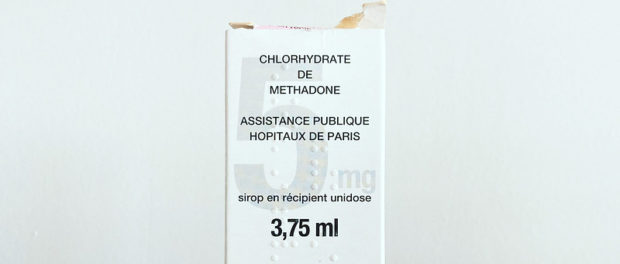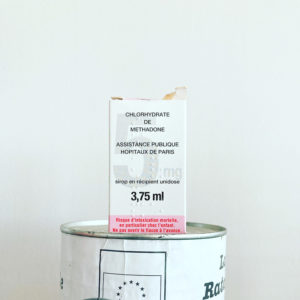Board policy for licensee rehabilitation violated disability law, says U.S. Department of Justice
The Indiana State Board of Nursing violated the Americans with Disabilities Act (ADA) by prohibiting nurses who take prescribed medication to treat Opioid Use Disorder (OUD) from participating in a required rehabilitation program, the U.S. Department of Justice (DOJ) said in a formal letter to the board March 25.
Indiana nurses recovering from drug or alcohol addiction are required in many cases to participate in a state-funded rehab program to maintain their nursing license or have it reinstated.
The DOJ is requiring the nursing board to adopt written policies to eliminate the ban on medication to treat opioid use disorder; retrain staff and vendors of the rehab program (the Indiana State Nursing Assistance Program, or ISNAP) on the nondiscrimination rules of the ADA; and pay compensatory damages to a nurse who filed a complaint with DOJ.
The federal action arose from that complainant’s attempt to reinstate her nursing license, which had been indefinitely suspended by the nursing board. Nurses licensed in Indiana who are recovering from drug or alcohol addiction are often required to participate in the ISNAP rehab program to maintain their nursing license or have it reinstated. The complainant had self-reported her opioid abuse and entered the ISNAP rehabilitation program but was told she would have to taper off methadone to continue.
She did not successfully complete the program. Her addiction was brought under control later when she was prescribed use of methadone together with buprenorphine to diminish the effects of a physical dependency on opioids. But she was then denied entry into the rehabilitation program, which required total abstinence from controlled substances.
Following investigation, the DOJ concluded that the nursing board discriminated against the complainant on the basis of disability and denied her an opportunity to benefit from ISNAP’s services programs, or activities. The prohibition on ISNAP participants’ use of OUD medication penalized the complainant for her disability, was not justified by any individualized medical assessment, and directly conflicts with prevailing medical guidance on OUD medication, the DOJ letter noted.
“Discriminating against a person because that person takes medication to treat a disability constitutes discrimination on the basis of disability,” the DOJ said. The ADA prohibits treating alcoholism or drug addiction as a disability but persons with an OUD disability who have been rehabilitated and are no longer engaging in the illegal use of drugs are individuals with a disability.
The DOJ letter asks the Nursing Board to work with the department to voluntarily resolve the civil rights violations identified in the course of the investigation, but adds that “the United States may take appropriate action” if voluntary compliance does not occur.
“Recovery and monitoring programs must allow individuals to use proven medications that support their recovery, including prescribed medications that treat Opioid Use Disorder,” said Assistant Attorney General Kristen Clarke of the DOJ’s Civil Rights Division. Removing discriminatory barriers to employment is an important priority of the Civil Rights Division, she stated.


